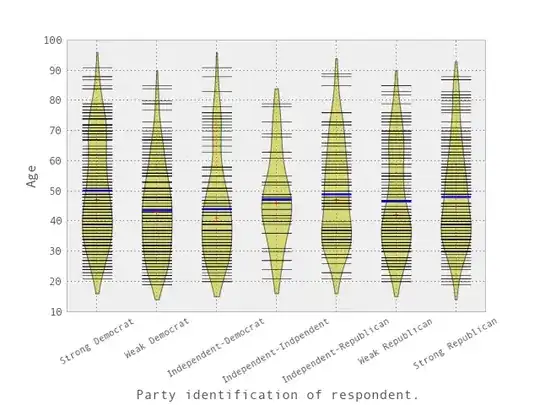Probability of finding something right at mean should be very high...
Theoretically speaking, if $\mu$ is the mean of the distribution then the probability density function evaluated at $\mu $ is
$$p(\mu) = \frac{1}{\sqrt{2\pi\sigma^2}}\exp{\big(-\frac{(\mu-\mu)^2}{2\sigma^2}\big)} = \frac{1}{\sqrt{2\pi\sigma^2}}$$
$$\sigma^2 = 1 \implies p(\mu) = \frac{1}{\sqrt{2\pi}} \approx 0.39894228$$
So its value is determined by $\sigma^2$, and can be any positive finite number. (Yes, even larger than 1).
Notice that since this is a continuous distribution,
$$P(X = \mu) = \int^{\mu}_{\mu} p(x)dx = 0$$
So the probability of you getting exactly the mean is actually $0$. But becomes non-zero (and bounded by one) as soon as you consider an interval around $\mu$: $(\mu - \delta, \mu + \delta)$ in which case you find
$$P\big(X \in (\mu - \delta, \mu + \delta)\big) = \Phi(\mu + \delta) - \Phi(\mu - \delta)$$
Where $\Phi$ is the cumulative distribution function, and $\delta > 0$.
 Under "Normal Distribution" section, the graph peaks at .40 when mean is 0. Shouldn't the value of probability be 1 intuitively? In other words, probability of finding something right at mean should be very high but it is only .40
Under "Normal Distribution" section, the graph peaks at .40 when mean is 0. Shouldn't the value of probability be 1 intuitively? In other words, probability of finding something right at mean should be very high but it is only .40